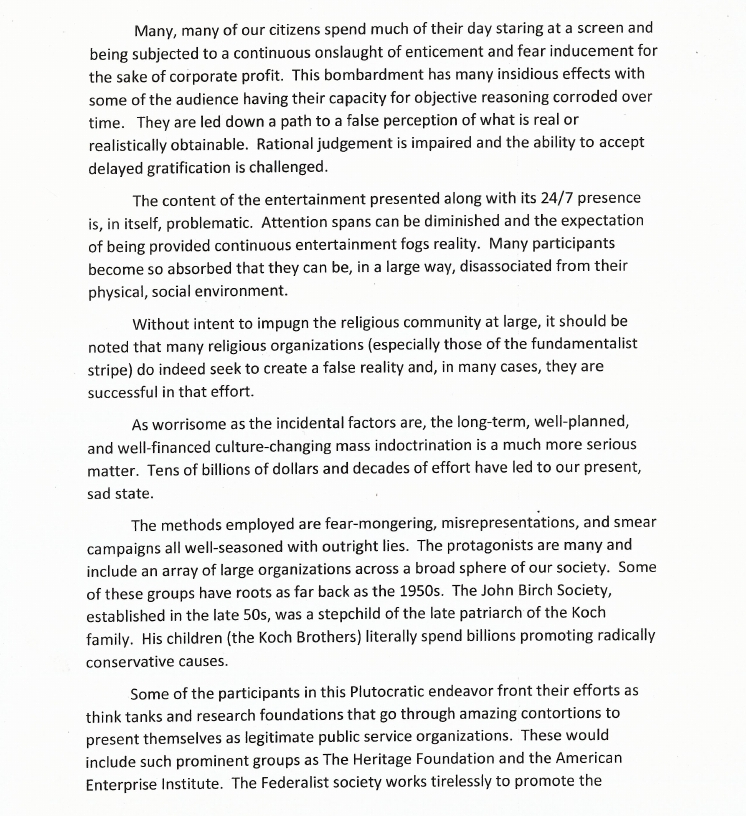Unless you get every bit of your news from this blog, you’ve already heard about the mass shooting in Las Vegas. The usual ritualized responses are being made again, with Republican after Republican insisting again that nothing can be done.
Senate Majority Leader Mitch McConnell told reporters it was premature to discuss legislative responses, “if there are any,” while House of Representatives Speaker Paul Ryan said the focus should be on mental health.
Instead of quoting these do-nothings, let’s review what has already happened in countries that are governed by people who aren’t against government.
On April 28, 1996, a gunman opened fire on tourists in a seaside resort in Port Arthur, Tasmania. By the time he was finished, he had killed 35 people and wounded 23 more. It was the worst mass murder in Australia’s history.
Twelve days later, Australia’s government did something remarkable. Led by newly elected conservative Prime Minister John Howard, it announced a bipartisan deal with state and local governments to enact sweeping gun-control measures. A decade and a half hence, the results of these policy changes are clear: They worked really, really well.
That quote is old. Is has been 21 years since the Port Arthur massacre. There have been no mass shootings in Australia in that time. They went from 11 mass shootings in the decade before 1996, to none in two decades. By contrast, in 2015 the United states averaged a mass shooting per day.
At the heart of the push was a massive buyback of more than 600,000 semi-automatic shotguns and rifles, or about one-fifth of all firearms in circulation in Australia. The country’s new gun laws prohibited private sales, required that all weapons be individually registered to their owners, and required that gun buyers present a “genuine reason” for needing each weapon at the time of the purchase. (Self-defense did not count.) In the wake of the tragedy, polls showed public support for these measures at upwards of 90 percent.
The NRA would have you believe that when citizens are unarmed, they are defenseless, and that violent criminals with guns will have their way with them. It didn’t happen. Homicides by firearm in Australia plunged 59 percent between 1995 and 2006. The NRA would have you believe that gun control can’t work, because when criminals can’t get guns, they will use other weapons. It didn’t happen: there was no increase in non-firearm-related homicides during that period. Home invasions didn’t increase either.
When someone tells you gun control can’t work, throw Australia in their faces.




